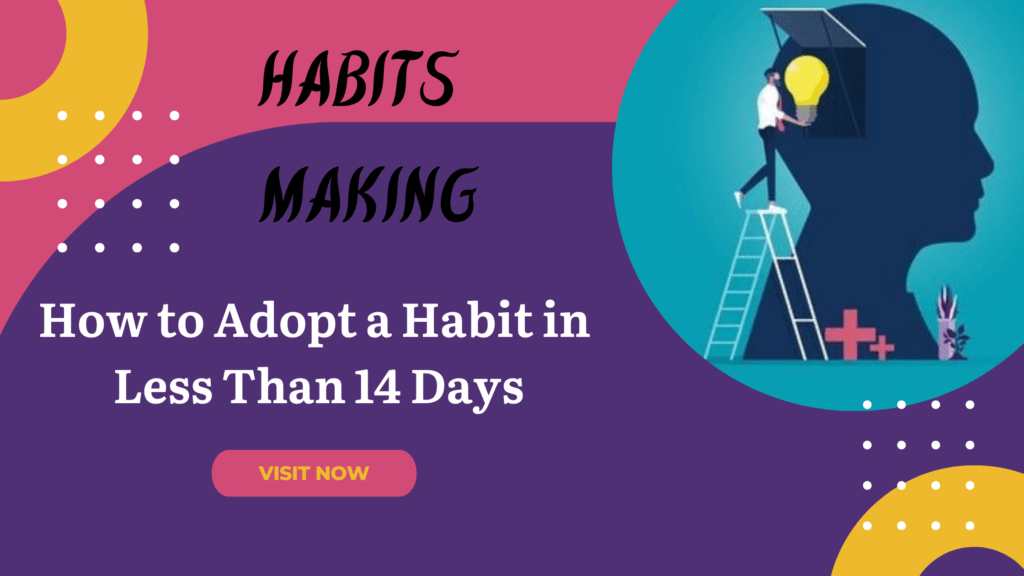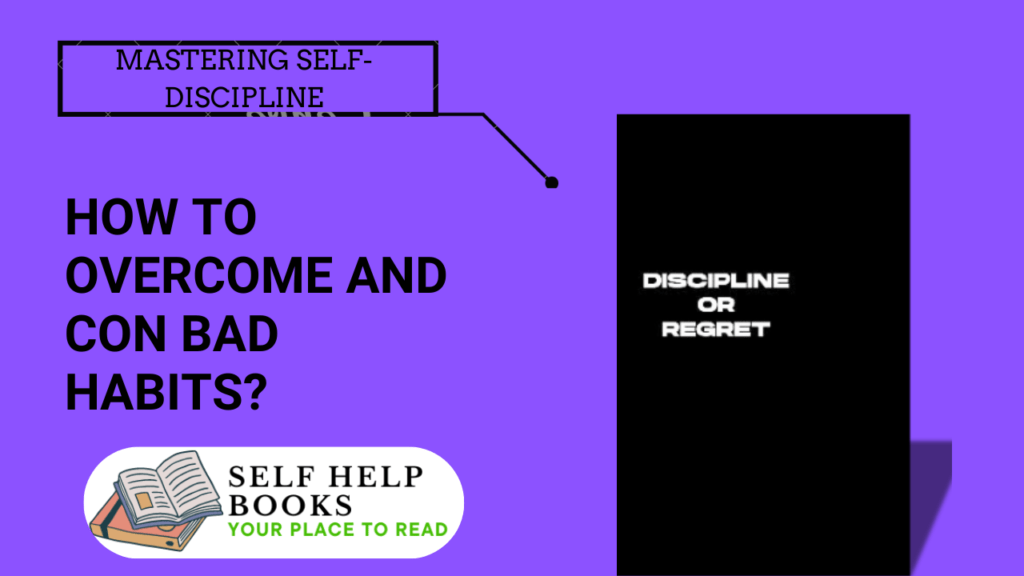Emotional resilience is about bouncing back from tough times. It’s about adapting to hard situations. In this article, we’ll look at five key strategies to boost your emotional resilience. These strategies will help you handle life’s ups and downs better.
By using these strategies, you can turn challenges into chances for growth. You’ll learn to stay strong and empowered, no matter what life throws your way.
Key Takeaways
- Emotional resilience is the ability to bounce back from life’s challenges.
- Developing emotional resilience can help you transform adversity into opportunity.
- Strategies like cultivating self-awareness, developing a positive mindset, and building strong relationships can boost your emotional resilience.
- Embracing emotional resilience and establishing healthy coping mechanisms are crucial for navigating life’s ups and downs.
- By implementing these strategies, you can enhance your ability to thrive in the face of adversity.
Understanding Emotional Resilience
Emotional resilience is a key skill for dealing with life’s ups and downs. It lets people handle tough times better. This skill is about bouncing back from hard situations and staying positive.
It’s not just about getting through hard times. It’s about growing from them. This skill helps keep our minds healthy and strong.
What is Emotional Resilience?
Emotional resilience is about being strong in our minds. It helps us deal with stress and big changes. It’s about learning from tough times and getting stronger.
People with this skill manage their feelings well. They stay positive and find good ways to solve problems.
Why is Emotional Resilience Important?
Being resilient has many benefits. It helps us control our emotions and keep good relationships. It also helps us grow as people.
It lets us see challenges as chances to get better. With emotional resilience, we can handle stress and come out stronger.
| Benefits of Emotional Resilience | Characteristics of Emotionally Resilient People |
|---|---|
| Improved mental well-being Enhanced ability to manage stress Stronger interpersonal relationships Faster recovery from setbacks Increased personal growth and development | Positive mindset Adaptability and flexibility Effective problem-solving skills Strong emotional regulation Ability to seek and accept support |
“Resilience is not about being bulletproof. It’s about having the courage to move forward, even when it’s hard.”
Cultivate Self-Awareness
Building emotional resilience starts with self-awareness. Knowing your emotions, what triggers them, and your thoughts helps you manage better. Make time for self-reflection and use journaling or meditation to grow your self-awareness.
Self-awareness is key to emotional intelligence. It lets you understand and control your feelings. This way, you can handle tough situations and make smart choices.
- Make self-reflection a habit. Spend time each day or week to look at your thoughts, feelings, and actions.
- Practice mindfulness. Learn to be present and observe your emotions without judgment.
- Ask for feedback from people you trust. Their views can help you see yourself better.
- Discover your values and beliefs. Knowing what matters to you helps guide your choices.
- Keep a journal. Writing about your life can reveal more about your feelings and thoughts.
Embracing self-awareness boosts your emotional intelligence. This helps you deal with life’s challenges more resiliently.
“The first step toward change is awareness. The second step is acceptance.” – Nathaniel Branden
| Characteristic | Description |
|---|---|
| Self-Awareness | The ability to recognize and understand your own emotions, strengths, weaknesses, and thought patterns. |
| Self-Reflection | The practice of examining your own thoughts, feelings, and behaviors to gain deeper insights. |
| Emotional Intelligence | The capacity to recognize, understand, and manage your own emotions, as well as the emotions of others. |
Develop a Positive Mindset
Developing a Positive Mindset
Building emotional resilience starts with a positive mindset. By changing negative thoughts and practicing gratitude, you can find optimism. This changes how you see life’s challenges.
Reframe Negative Thoughts
Our thoughts greatly affect our emotional health. When we face tough times, negative thinking can take over. But, we can change these thoughts with cognitive reframing.
This means we challenge and replace negative beliefs with positive ones. It’s about finding new, better ways to think.
Practice Gratitude
Gratitude is key to emotional resilience. Focusing on the good in life helps us feel more thankful and happy. Taking time each day to think about what we’re thankful for can change our outlook.
It’s simple: keep a gratitude journal or just enjoy the little things. Regular gratitude practice builds a positive mindset.
“Optimism is the faith that leads to achievement. Nothing can be done without hope and confidence.” – Helen Keller
By using cognitive reframing and gratitude, we can build a positive mindset. This mindset is the base of emotional resilience. It helps us face life’s challenges with hope and flexibility.
Build Strong Relationships
Keeping strong, supportive relationships is key to emotional resilience. Surround yourself with loved ones who offer emotional support and encouragement. They help you through life’s ups and downs. It’s important to connect with your community and build a network of people who uplift you.
Seek Support from Loved Ones
A strong support system, including family, friends, and trusted confidants, boosts your emotional resilience. They listen, understand, and offer advice when you’re stressed or facing challenges. By relying on your loved ones, you feel a sense of belonging and find the strength to face tough times.
- Invest time in nurturing your relationships with family and friends.
- Engage in regular check-ins and open communication with your support network.
- Seek emotional support from your loved ones when you need it, and be willing to reciprocate.
- Participate in community events or organizations to expand your social circle and forge new connections.
Building a strong social support system and maintaining meaningful relationships within your community can be a powerful tool in developing your emotional support and resilience.
“The greatest weapon against stress is our ability to choose one thought over another.” – William James
Embrace Emotional Resilience
Emotional resilience isn’t about hiding from tough feelings. It’s about accepting emotions, tackling challenges directly, and seeing the personal growth in life’s ups and downs. By embracing resilience, you can handle tough times better and come out stronger.
Being aware of your emotions is key to emotional resilience. Knowing how you feel helps you understand your thoughts and actions. This knowledge lets you face challenges in a smarter, more constructive way.
- Acknowledge your emotions, both positive and negative. Don’t try to ignore or suppress them.
- Reflect on how your emotions impact your decision-making and well-being.
- Seek to understand the root causes of your emotional responses.
By accepting emotions and facing challenges bravely, you build inner strength. Embracing resilience means being flexible, learning from failures, and growing from hard times.
“Resilience is not about being unbreakable. It’s about bouncing back from setbacks, adapting well to change, and continuing to pursue what matters most.”
Remember, emotional resilience is a journey, not a goal. By accepting emotions, facing challenges, and seeing the personal growth in them, you can grow strong. You can thrive, even when life gets really tough.
Conclusion
In this article, we’ve looked at five key strategies to build emotional resilience. These strategies help you deal with life’s ups and downs. By being self-aware, positive, and building strong relationships, you can turn challenges into chances for growth.
These strategies give you a solid plan to build mental and emotional strength. Building resilience takes time and effort. But with these techniques, you can grow stronger and face any challenge head-on.
Remember, you have the power to grow and change, no matter what. By using these resilience-building strategies, you can not only get through tough times but also come out stronger. With a resilient mindset, you’ll be ready to face any challenge and become a more confident and adaptable person.


